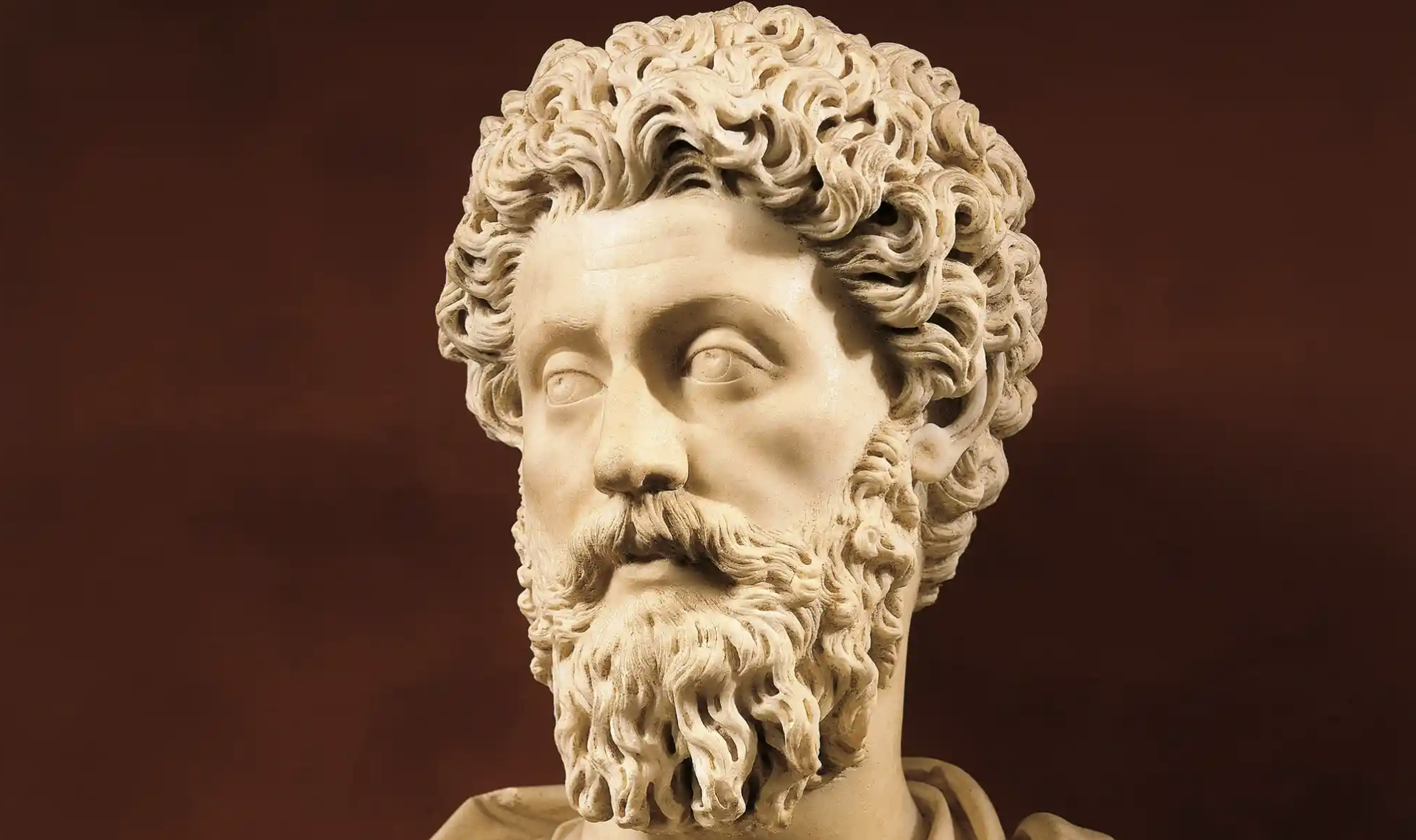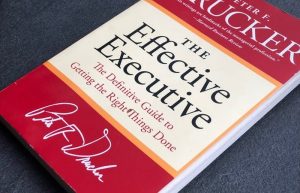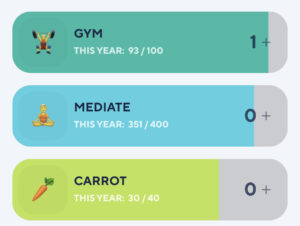I admit, it never occurred to me that I would be able to learn how to shoot up my managerial skills from the person who lived around two thousand years ago. I mean, the corporate world today has its own rules, and how can a private diary of a Roman emperor relate to it?
Well, after reading his phenomenal collection of thoughts in his book Meditations, I realized how much ahead of his time he was.
The first page of the 1811 English translation by Richard Graves
And as it turns out, a lot of what Aurelius writes about can be applied to modern-day management, and here I will share my favorite lessons I learned from him.
Here's what Marcus Aurelius tells about:
1) Change

Constant awareness that everything is born from change.
The knowledge that there is nothing nature loves more than to
alter what exists and make new things like it. All that exists
is the seed of what will emerge from it. You think the only
seeds are the ones that make plants or children? Go deeper.
Frightened of change? But what can exist without it?
What’s closer to nature’s heart? Can you take a hot bath and
leave the firewood as it was? Eat food without transforming
it? Can any vital process take place without something being
changed?
As every manager knows, one of the hardest aspects of our job is promoting, leading, and implementing change. To do so effectively, we need to enlist our colleagues, get them on board with us, and explain to them why specific change is good. Generally speaking, most of us tend to resist change, however. Even our bodies prefer the solid state called homeostasis.
2) Complex interdependencies
Keep reminding yourself of the way things are connected, of their relatedness. All things are implicated in one another and in sympathy with each other. This event is the consequence of some other one. Things push and pull on each other, and breathe together, and are one.
 As a VP of international company, I often have to understand how different persons, events and results are connected, in order to be able to leverage these relationships and generate value. Sometimes I don’t see it right away, but after careful examination, indeed do I come to realize the implications of connections. Every interaction I have with someone in my company has the potential to bring us closer to success or move us in the opposite direction. Emperor teaches us how everything is connected and that we should often remind ourselves of this causality.
As a VP of international company, I often have to understand how different persons, events and results are connected, in order to be able to leverage these relationships and generate value. Sometimes I don’t see it right away, but after careful examination, indeed do I come to realize the implications of connections. Every interaction I have with someone in my company has the potential to bring us closer to success or move us in the opposite direction. Emperor teaches us how everything is connected and that we should often remind ourselves of this causality.
3) Human relationships
Someone despises me.
That’s their problem.
Mine: not to do or say anything despicable.
Someone hates me. Their problem.
Mine: to be patient and cheerful with everyone, including them.
Ready to show them their mistake. Not spitefully or to show off my own self-control, but in an honest, upright way.
The gods live forever, yet they don’t seem annoyed at putting up with human beings and their behavior throughout eternity. And not only put up with them but actively care for them.
And you—on the verge of death—you still refuse to care for them, although you’re one of them yourself.

Credits: Ryoji Iwata
As a manager, I work and interact with many different people daily, each having their own view of how this world should operate. Years ago, when I first stepped into a managerial role, I learned the hard way that every human being is unique and that my own point of view is not always the right one. In these few sentences only, Marcus Aurelius beautifully tells us how to treat others honestly and correctly.
My goal is to enable success for both my co-workers and the company.
4) Asking for help
Don’t be ashamed to need help. Like a soldier storming a
wall, you have a mission to accomplish. And if you’ve been
wounded and you need a comrade to pull you up? So what?
So short, yet so powerful. It took me a while to realize that as a manager and a leader, I don’t always have to know the answer to every question, and it felt so liberating to become aware of this.

Credits: Aamir Suhail
As humans, we are wired to cooperate and work with each other.
When I talk to and coach young leaders in my organization, I recognize this natural tendency of these ambitious people to always try to know everything, and I explain to them that it is okay not to have all the answers all the time. Instead of controlling everything by trying to know everything, I encourage my colleagues to have a learning mindset focused on exploring, experimenting, and learning, which will often throw them into uncharted territories. And these are the best potential for learning and growing.
5) Focus
Do external things distract you? Then make time for
yourself to learn something worthwhile; stop letting yourself
be pulled in all directions. But make sure you guard against
the other kind of confusion. People who labor all their lives
but have no purpose to direct every thought and impulse
toward are wasting their time—even when hard at work.
Soon after I decided to my make career move and become a manager, I realized that the amount of detail I deal with every day is significantly higher than what I was used to. After experimenting with different software tools, journals and TODO lists, I found my way to track everything.

With all the distractions, sharp focus is becoming harder and harder to maintain, yet this is more important than ever
Credits: Paul Skorupskas
I also started meditating on a daily basis, which enabled me to learn how to maintain focus and the clarity of mind, which apart from all other benefits, directly translates into effectiveness at work. As the emperor says – we all need to stop letting ourselves be pulled in all directions.
Final toughts
Meditations by Marcus Aurelius is a unique insight into a mind of this Roman Emperor, and it provides great wisdom about life, feelings, emotions, love, hate, food, war, activity, you name it. I loved reading it and I recommed it to you wholeheartedly! I invite you to share your favorite lessons you learned from the book you loved. Let me know in the commens!




